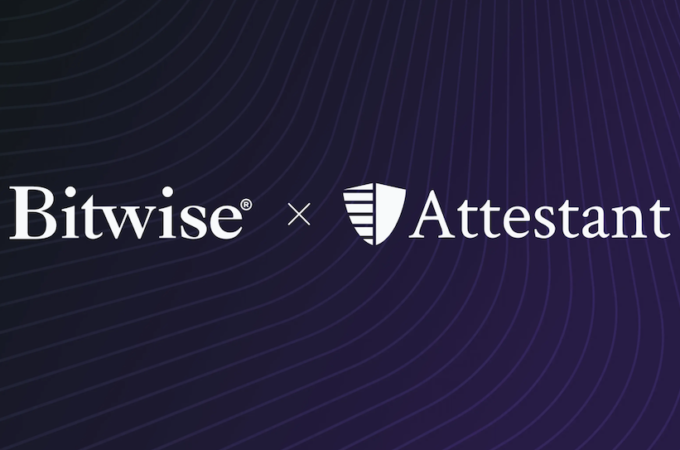
Dubai Court Validates Cryptocurrency Salaries in Landmark Ruling
In a groundbreaking decision, the Dubai Court of First Instance has recognized cryptocurrency as a legitimate form of salary payment, marking a significant shift in the United Arab Emirates’ approach to digital currencies in employment contracts. The ruling, made in case number 1739 of 2024 (Labour), represents a notable departure from a previous judgment in 2023 where a similar claim was rejected.
The case centered on an employee who sued their employer for unpaid wages, including 5,250 EcoWatt tokens, which were contractually agreed upon as part of their monthly compensation. The dispute arose when the employer failed to pay the cryptocurrency portion of the salary for six months, in addition to allegations of wrongful termination.
Unlike the 2023 case, where the court dismissed a similar claim due to the lack of a precise valuation method for the digital currency, the 2024 ruling enforced the payment of both the fiat currency and the EcoWatt tokens as stipulated in the employment contract. This decision reflects a more progressive stance on integrating digital currencies into the UAE’s legal and economic framework.
The court’s ruling was based on Article 912 of the UAE Civil Transactions Law and Federal Decree-Law No. (33) of 2021, which govern wage determination and payment obligations. By applying these laws to cryptocurrency payments, the court has effectively validated digital currencies as a form of remuneration when clearly defined in employment agreements.
Legal experts suggest that this ruling could have far-reaching implications for cryptocurrency adoption in the UAE. It sets a precedent that may encourage further integration of digital currencies in various sectors, potentially fostering a more inclusive and innovative business environment.
However, some lawyers caution that the ruling may be specific to this case and cryptocurrency, raising questions about its broader applicability. It remains unclear whether approval from Dubai’s Virtual Assets Regulatory Authority would be required for other types of virtual assets used in salary payments.
The decision also highlights the importance of clear and precise contractual terms when incorporating cryptocurrency into employment agreements. Employers and employees alike will need to ensure that both traditional and digital forms of payment are adequately addressed in their contracts.
While this ruling marks a significant step forward in recognizing cryptocurrency as a valid form of payment in employment contracts, it is important to note that its application is currently limited to the Emirate of Dubai. The broader implications for the other six emirates of the UAE remain to be seen.





